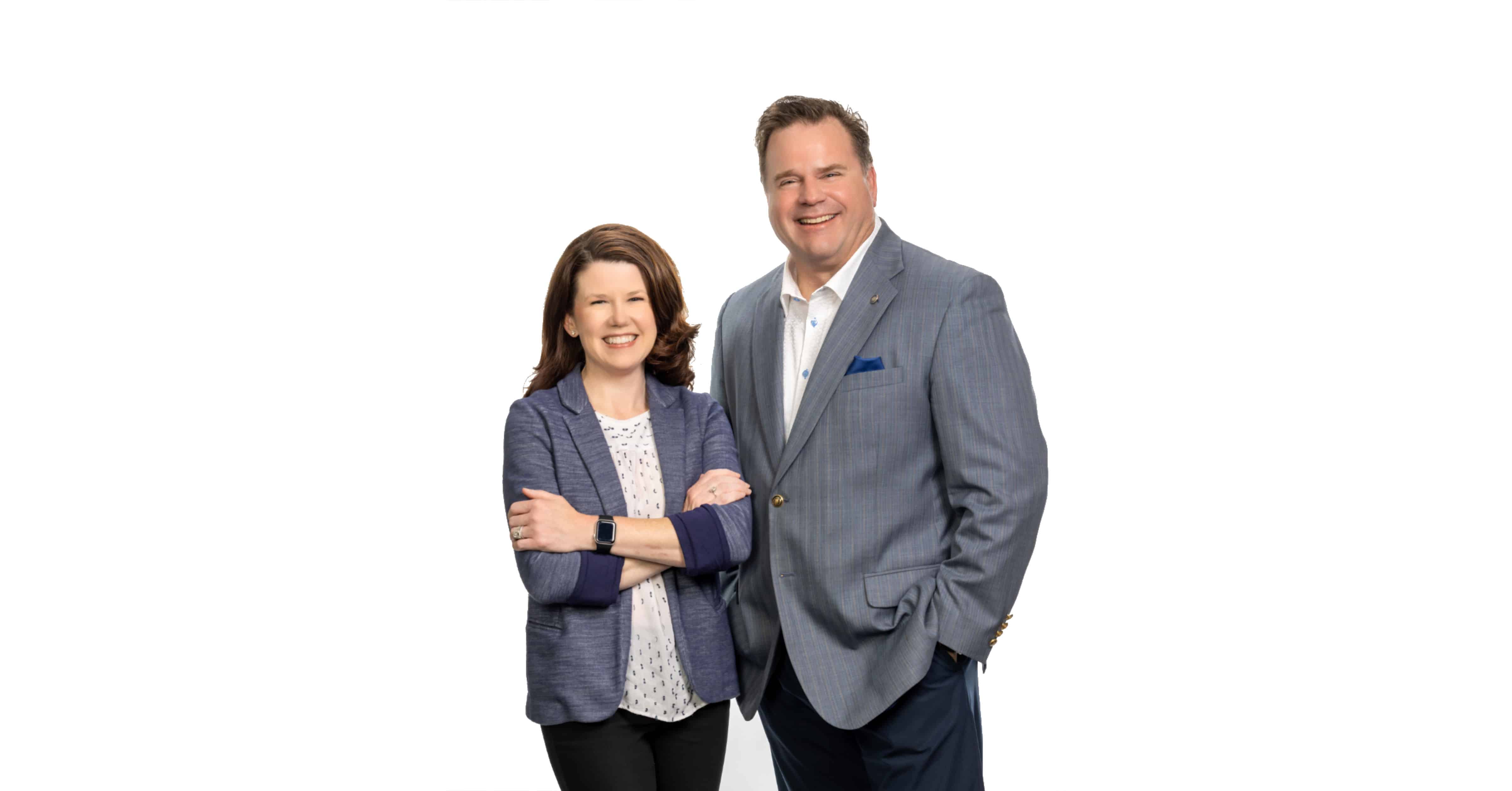What is it that causes humans to avoid the unknown and become complacent with the familiar? As children we would explore caves, old homes and lands that piqued our interests. As adults we assume a mindset of comfort and do so at our own peril.
As it relates to retirement planning success, too many of us are submitting to fear instead of boldly seeking our best interests for the future. We gamble with our life savings in entrepreneurial ventures that attract our passions and fail to consider the long-term implications. Often the smaller, consistent investment process over a period of decades yields the greater probability of success for our future.
A client came to our office recently and spoke of his fear of the debt ceiling, foreign wars and economic issues going unresolved by the government. I asked him a simple question, “What can you, personally, change of the three issues you spoke?” He looked at me with a whimsical glance and said, “I guess none of them.” Shaking my head to acknowledge his incorrect answer, I said, “You have more control over your world than you know.” As investors, we should only invest in those types of instruments that we have full knowledge of their function. To blindly cast our lot to the winds of chance is not a solid plan of action.
When we had concluded our discussion, he shook my hand and thanked me for “talking him down from the cliff.” After some thought, I realized that many of us give too much credibility to the fear in our lives when we should be embracing the opportunities. By starting our retirement savings in our 20’s, the compound effect over the next four decades is exponential. It is much easier to save smaller amounts over prolonged periods of time than to find lump sums to invest over a shorter period.
The solution to overcoming fear is to run toward it. David and Goliath are a familiar story in the Bible. Theological scientists have analyzed the narrative to determine that David’s proactive energy of running toward the giant Philistine played a significant role in the success of his conquering the enemy. The combination of forward motion, swinging the sling to create centrifugal force and the placement of the stone on its mark of the foe created a constructive collaboration of force so dramatic that the stone was sunk into the forehead of Goliath. Immediately the giant topples, and David claims his prize of the most feared man of the Philistines’ head to present to his king.
Do not spend too much time stewing over the process of planning. Start doing the things that are necessary to conquer your most feared adversary (i.e., lack of sufficient savings, health issues, psychological adaptation to a new lifestyle, etc.). Run toward these challenges in a manner that empowers you to take the necessary steps to gaining victory over the unknown – your future.
Another of our clients had saved diligently during his lifetime and was working until age 70 to maximize his Social Security Benefits. After retiring and receiving his first SSA benefits payment, he began to feel ill. His spouse convinces him to seek the advice of his doctor. The answers received were not good. He was suffering from an extremely aggressive form of cancer. His life would end within one year. Instead of feeling sorry for himself and resting on his comfort built over the past fifty years, he set new goals that could be accomplished within a year. Setting aside enough assets for his wife to live successfully in retirement, he sought new adventures through travel and philanthropic work. One of our last conversations was that he was happy with how his life had turned out and he would not have changed a thing.
My friend ran toward the unknown difficulties in his life and gained greater perspective. Our planning process helped him achieve happiness in life and fulfillment of his wife’s concerns for a better future for her. We do not know the future, but we can work to make the future what we want it to be.
Financial planning is the process of setting up goals and strategies to make your future what you wish it to be for your family. By meeting with a Certified Financial Planner™ professional, you are running toward the unknown with an expert to help guide you to your ultimate goal accomplishments. Leonard Sweet stated it best, “The future is not something we enter. The future is something we create.” See you on the jogging trail!





